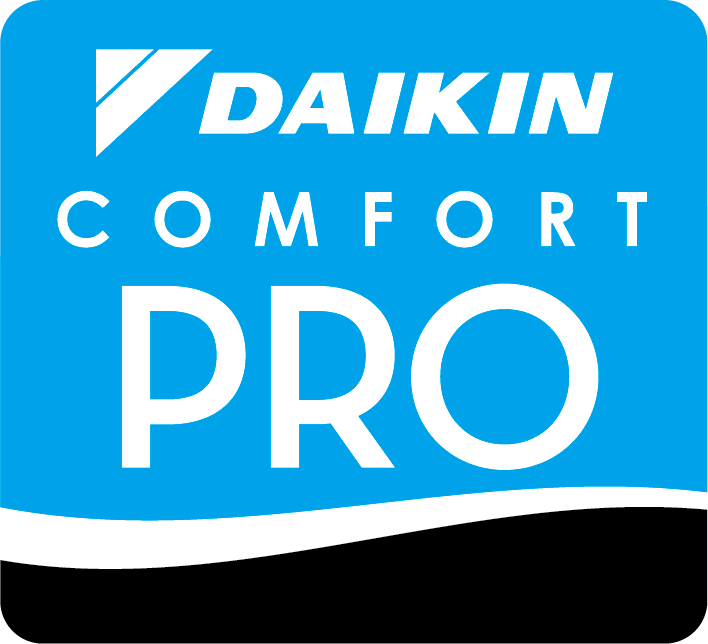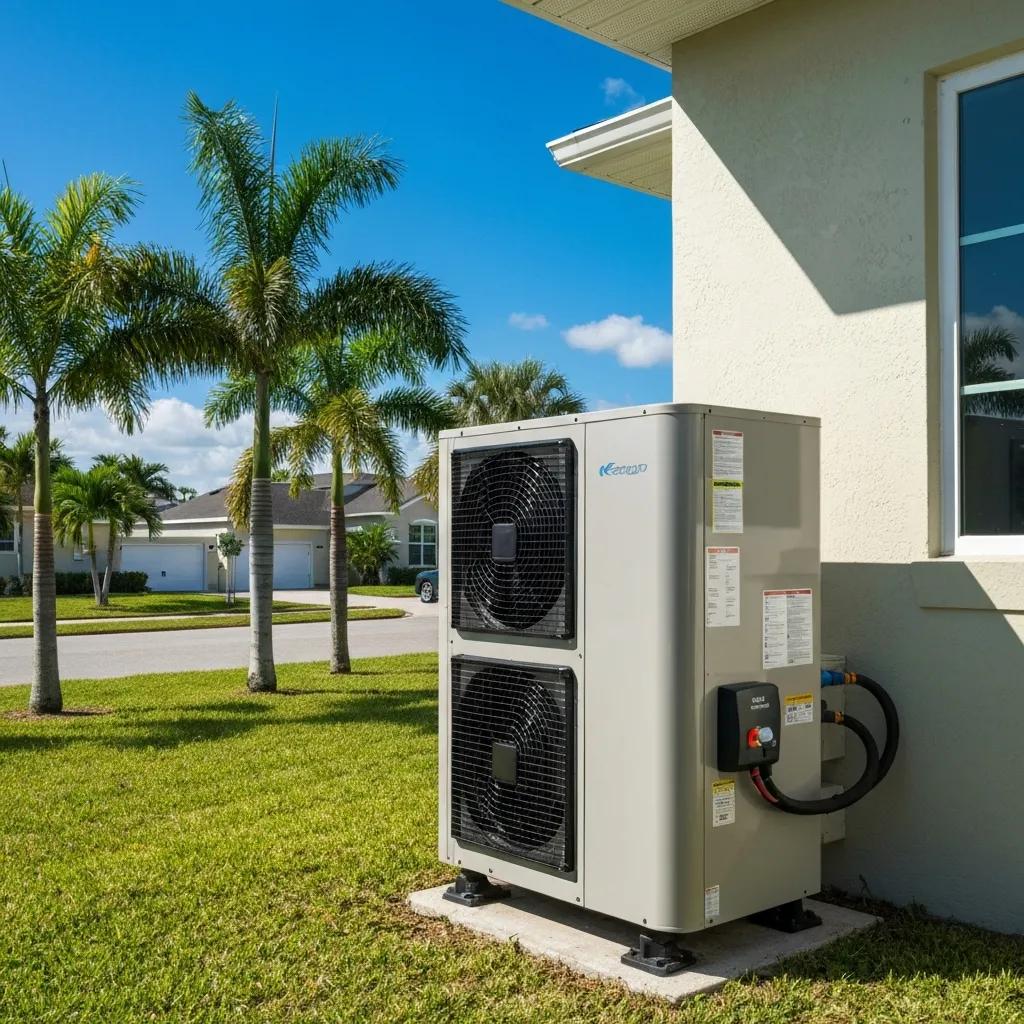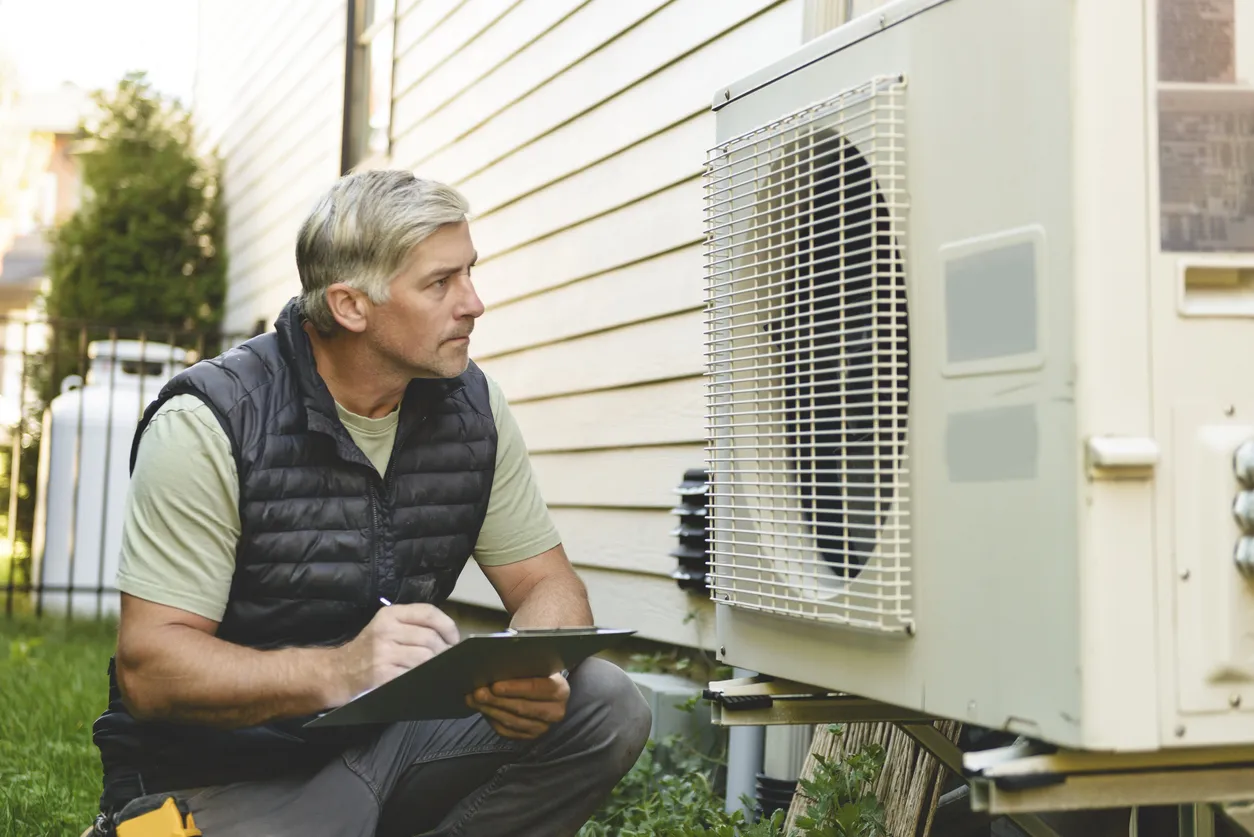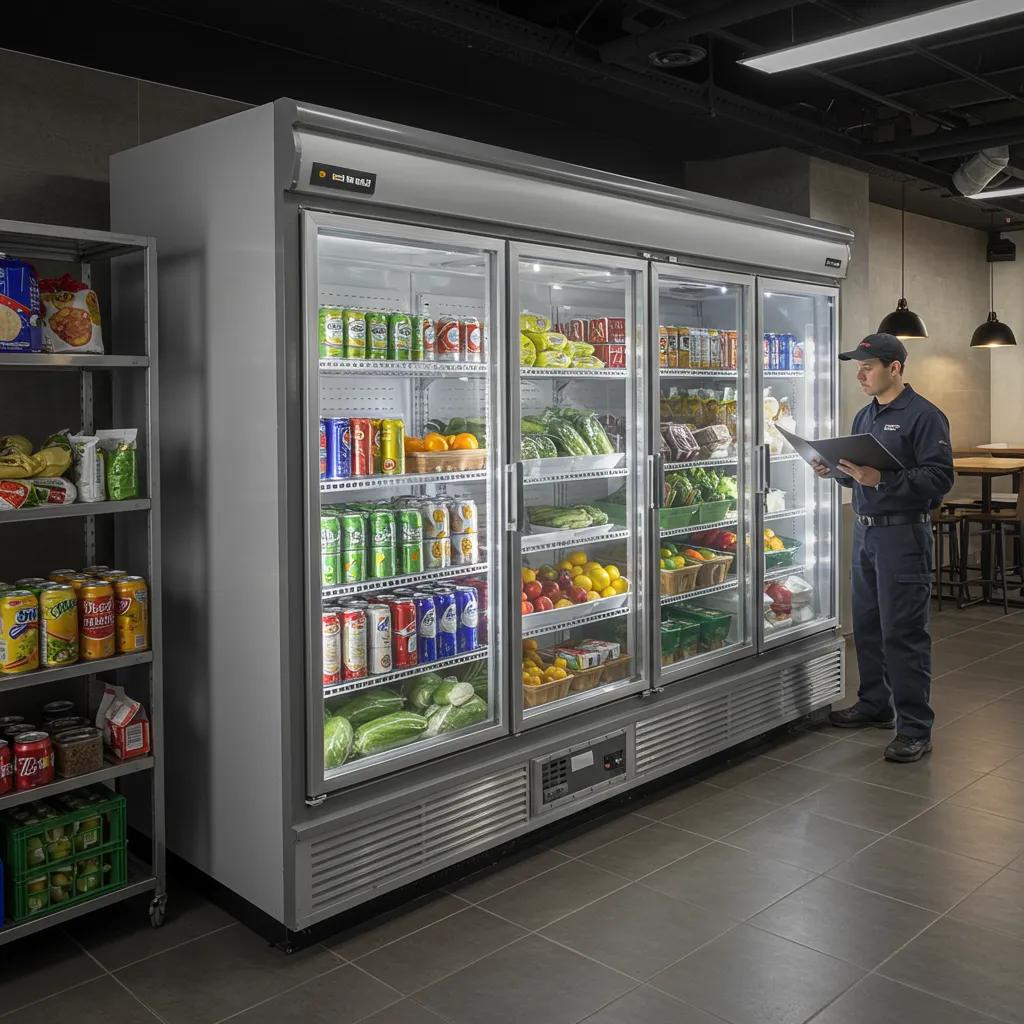Humidity can be a year-round concern for homeowners in Palm Coast. While heat pumps are known for their ability to both heat and cool, they also play a key role in keeping indoor moisture levels under control. So, when you notice your home feeling damp or sticky even while your system is running, it’s a sign that something might be off. This loss of comfort can make it harder to sleep, damage wood surfaces, and even encourage mold growth if ignored too long.
A properly working heat pump should do more than just shift temperatures. It should remove excess moisture from the air, especially during humid summer months. When it stops doing that, a few specific issues are often to blame. Understanding these early signs can help you prevent further discomfort and get your system back on track before indoor moisture becomes a serious issue.
Common Reasons Your Heat Pump Isn’t Dehumidifying Properly
If your heat pump isn’t pulling enough humidity from your indoor air, a few common causes tend to come up during our inspections. These often point to setup issues or overlooked maintenance. It’s especially important to look at these areas as high summer humidity peaks across Palm Coast.
1. Incorrect System Size
Bigger doesn’t mean better when it comes to heat pumps. A unit that’s too large for your home’s square footage might cool the space too quickly. That rapid cooling causes the system to shut off before it has enough time to pull moisture from the air. The home might feel cool, but the air stays humid, which makes your space feel clammy instead of comfortable.
2. Poor or Missed Maintenance
Dirty filters, blocked coils, and clogged drain pans are all factors that reduce efficiency and lead to lower moisture removal. A buildup of dust, dirt, or algae can also increase strain on the system and stop it from removing water vapor the way it should. Homes in Palm Coast often deal with high humidity and airborne particles that require more frequent cleanings than usual.
3. Thermostat Settings
If your thermostat is set to auto, the fan runs only when heating or cooling is on. That may seem efficient, but it limits how well the system can circulate air and control indoor moisture. Switching to the on setting keeps air moving across the coils longer, improving dehumidification. On the other hand, if someone set the thermostat too low, trying to cool the space fast might cause short cycles, which reduces moisture control.
If a local homeowner upgraded to a new system but still reports humidity issues, it’s often a sign of poor sizing or configuration errors. These installation issues can go unnoticed because the cooling still works, but comfort never fully improves. Spotting these signs early can help guide a better solution from trained professionals before serious mold problems or comfort changes take place.
Mechanical Problems Affecting Dehumidification
Once installation and settings are ruled out, there’s a good chance your dehumidification problem is tied to something mechanical. When system parts start to wear or fail, the heat pump can’t operate as efficiently. This affects cooling, airflow, and humidity control all at once. Several components in particular tend to be involved when a heat pump in Palm Coast stops removing moisture properly.
– Malfunctioning blower motor: The blower motor pushes air across the evaporator coil. If it’s malfunctioning or running at the wrong speed, it may not allow enough time for air to stay in contact with the coils. Insufficient airflow limits cooling depth and hampers the system’s ability to pull moisture out of the air. You might notice weak airflow at the vents or inconsistent cooling around the house.
– Refrigerant leaks: Low refrigerant reduces the system’s capacity to absorb heat and moisture. This not only affects cooling but also throws off the balance needed for efficient dehumidification. Signs of a leak can include longer cooling times, ice buildup, and strange hissing sounds near refrigerant lines.
– Faulty condensate drain: As your heat pump runs, it pulls moisture from the air. That water collects and drains outside through a condensate line. If that line gets clogged or disconnected, water backs up into the drain pan and may trigger system shutdowns or foul odors. Worse, it can cause indoor water damage if left unchecked.
These mechanical failures often show up together with changes in performance like short cycling, inconsistent room temperatures, or damp air inside the home. It’s best to get help from our technicians right when any of these signs begin. Waiting can lead to larger repairs or even a complete system breakdown.
Importance Of Regular Maintenance For Moisture Control
Routine maintenance is one of the most effective ways to avoid dehumidification issues before they become full-blown problems. A heat pump that’s serviced regularly operates more consistently and is better able to handle humid summer days that are common in Palm Coast.
Scheduled maintenance includes:
– Cleaning or replacing air filters to improve airflow
– Inspecting and flushing the condensate drain line
– Washing coils to remove trapped dust or debris
– Checking refrigerant levels for efficiency
– Testing blower motor operation and fan speed settings
– Reviewing thermostat calibration and fan mode selection
These regular services aren’t just cleanups. They help prolong system life while ensuring heat pumps maintain their ability to pull humidity from indoor air. Skipping maintenance even once a year in a climate like Palm Coast can cause extra wear and allow buildup to interfere with coil function.
Even something as simple as a dirty filter can start a chain reaction. As airflow drops, so does the coil’s ability to stay cold enough to extract moisture. Then, the cycle starts to short, and the entire system underperforms in both cooling and drying the air. Getting on a maintenance schedule gives technicians a chance to catch these issues early, so your home stays more comfortable with less energy spent.
When To Call For Heat Pump Service In Palm Coast
Certain symptoms are strong indicators that professional service is necessary. If you’re dealing with damp air or visible condensation indoors, the best move is to bring in experienced technicians who can check the system’s components and set up for problems that might not be easy to see from the outside.
Call our professionals if you notice:
– Humidity feels high inside even when the system is cooling
– AC runs in short spurts without steady temperature
– The air feels sticky, especially in the mornings
– Water is collecting around indoor units or drain lines
– Summer cooling bills are rising without explanation
– You hear rattling or buzzing when the system starts
Our technicians can isolate the source of the problem, explain what’s needed, and provide solutions that restore both cooling and moisture control. Whether it’s a thermostat adjustment, part replacement, or a full checkup, the goal is always long-term comfort with fewer surprises.
Ensuring Comfort And Efficiency In Palm Coast Homes
Humidity problems can sneak up on homeowners, especially when the AC still seems to be doing its job. But feeling cool is not the same as being comfortable, especially if sticky air or musty smells start to become a routine part of home life. A heat pump that isn’t removing moisture effectively isn’t doing the full job it’s built for.
Tackling these issues early through maintenance, timely repairs, and proper settings helps keep your house dry and your air easy to breathe all summer. Palm Coast’s humid season is no joke, and your home comfort system should be ready to meet that challenge without struggling every day to catch up.
Ignoring warning signs isn’t worth the damage it can do to your property or health. Poor dehumidification can affect sleep, cause surface mold, and wear down HVAC components sooner than expected. Making the right moves now can prevent hassle later and save time, money, and frustration. Keep comfort consistent, and don’t wait for humidity to tell you there’s a bigger problem hiding behind your walls.
Accu-Temp Heating & Air Conditioning understands that maintaining year-round comfort in Palm Coast relies on a properly sized and serviced heat pump that effectively controls humidity levels. If your system struggles to keep indoor air dry and consistent, our trusted heat pump service in Palm Coastoffers expert solutions to restore your home’s comfort. For a quick estimate or to book a service visit, please contact ustoday.




